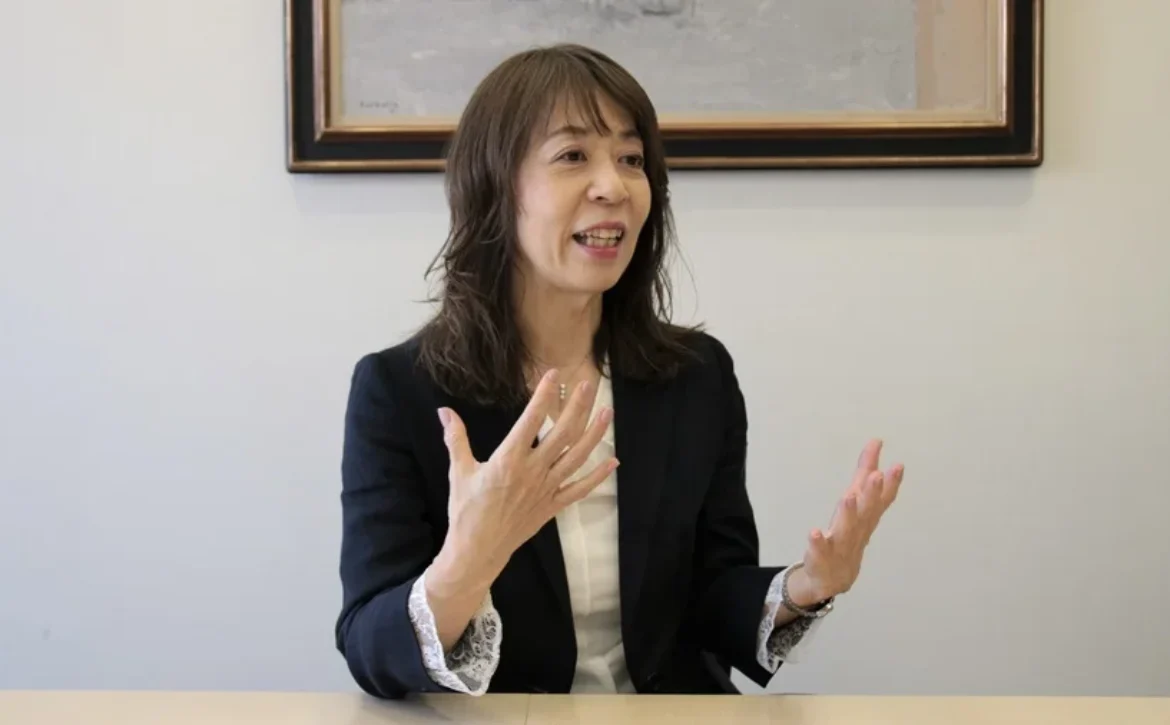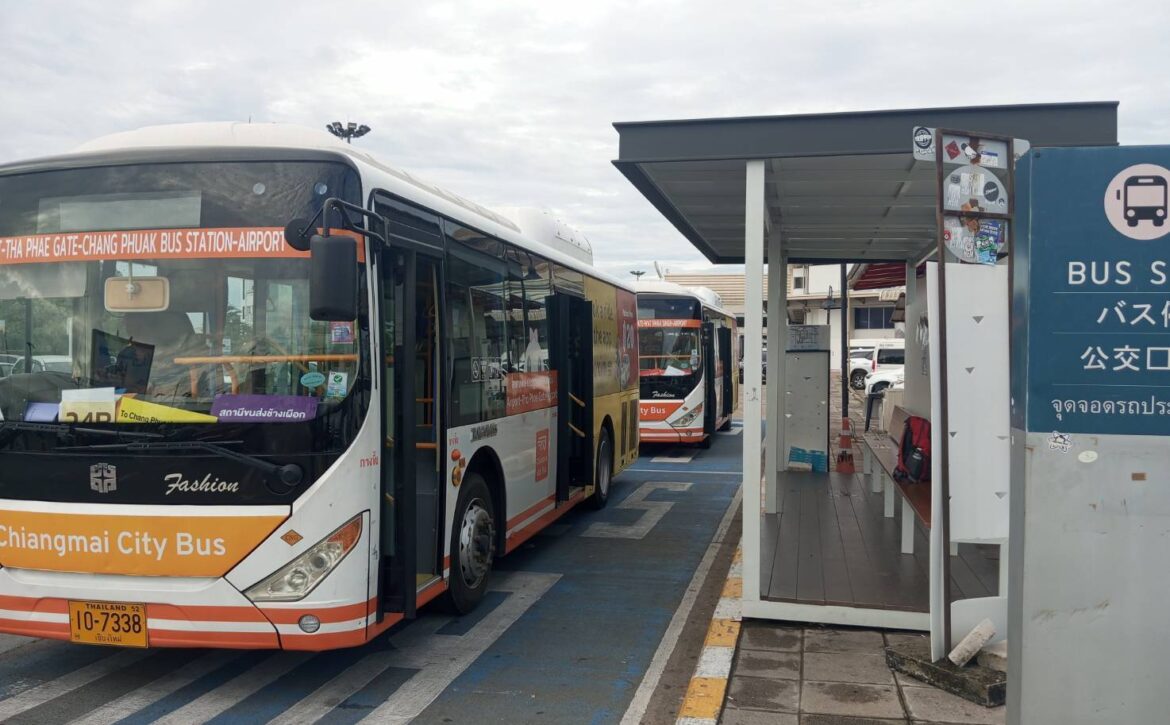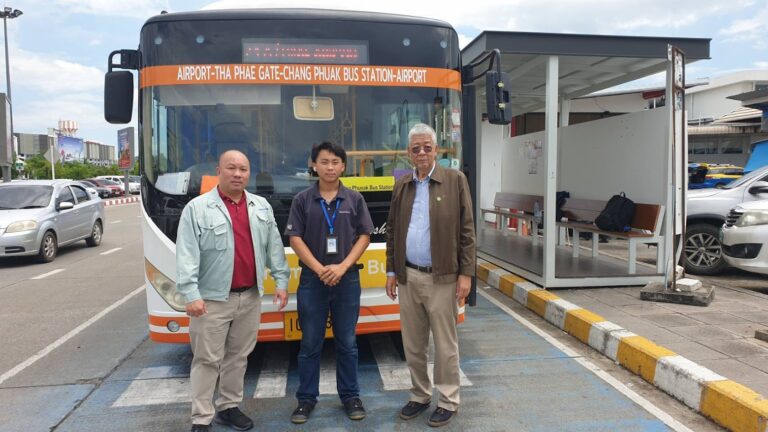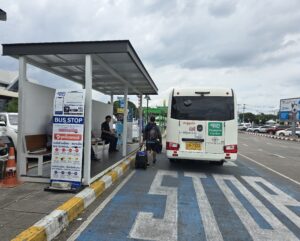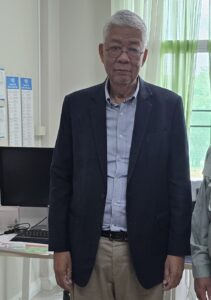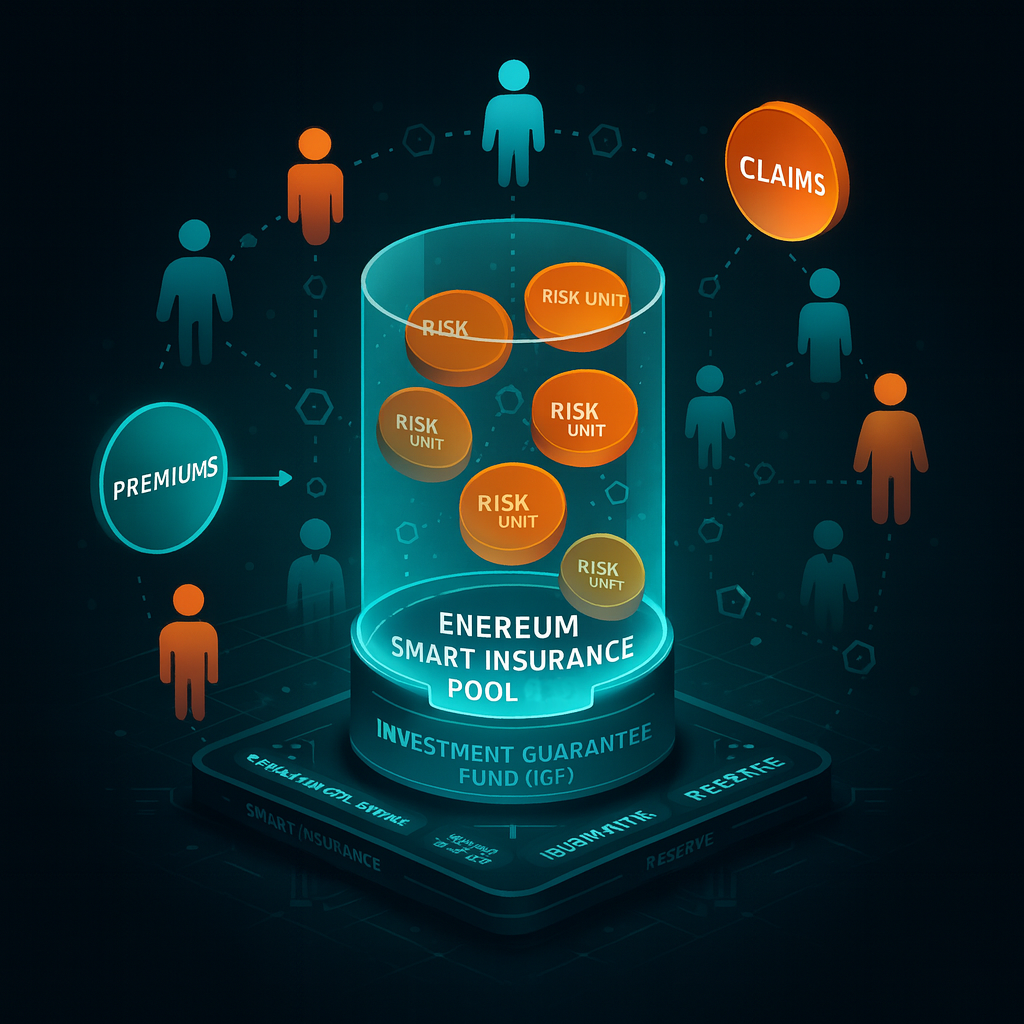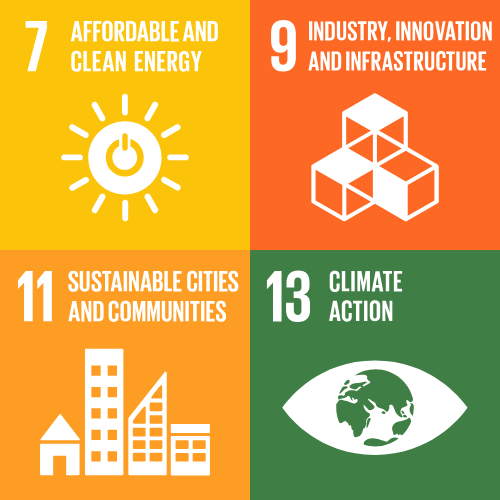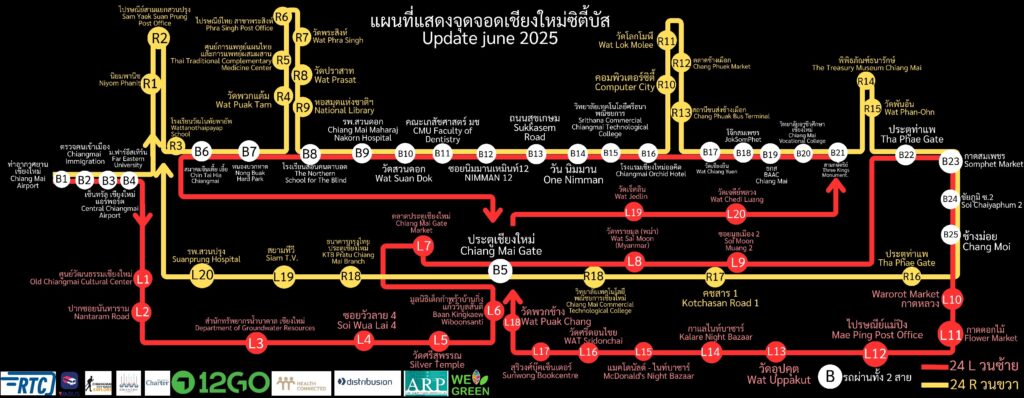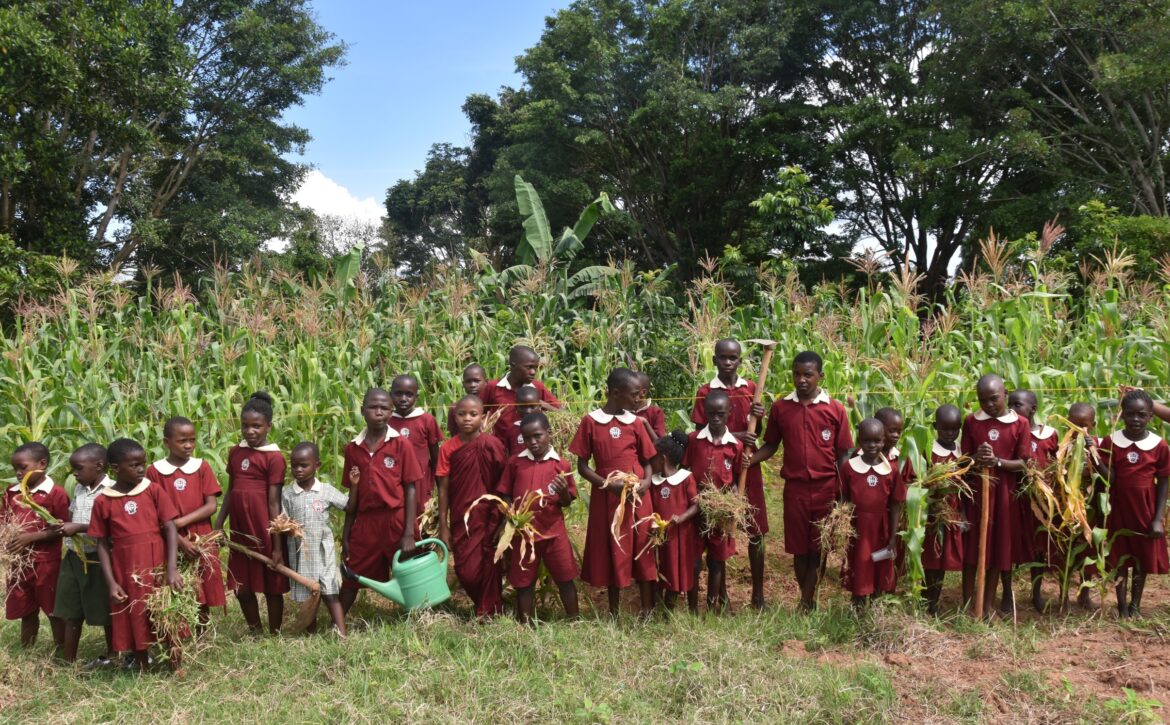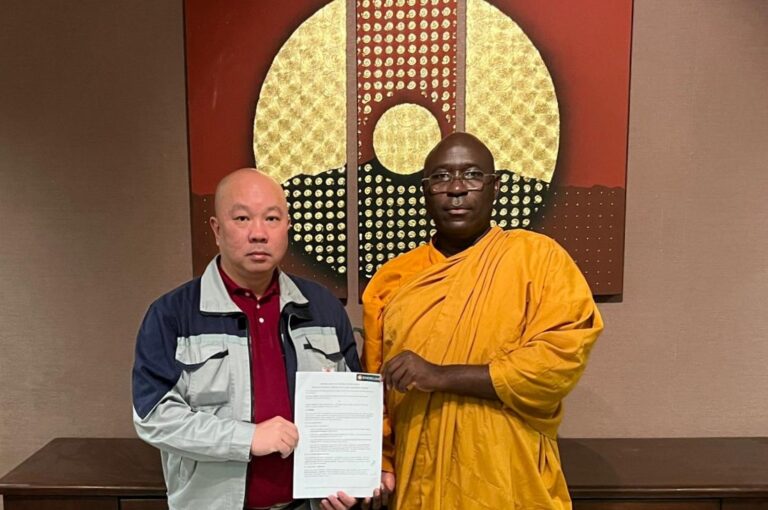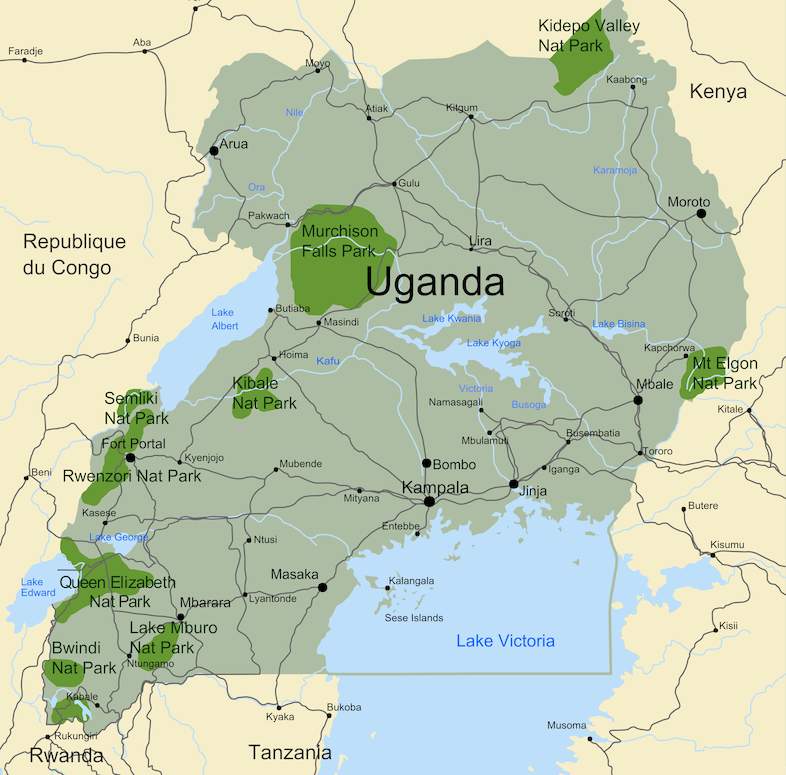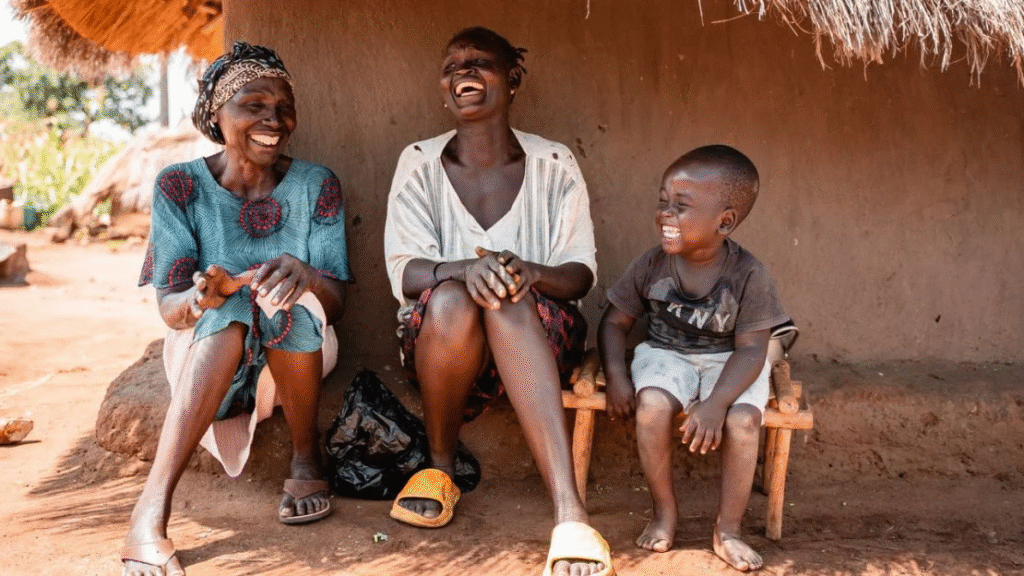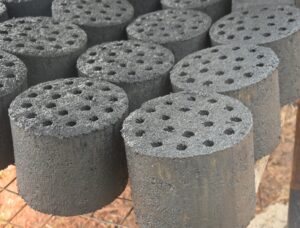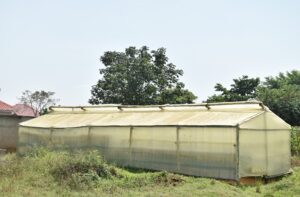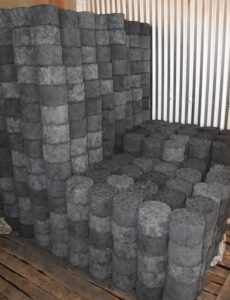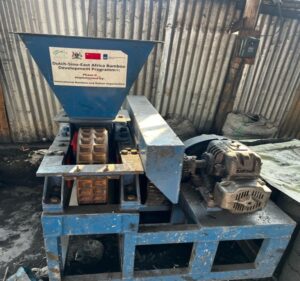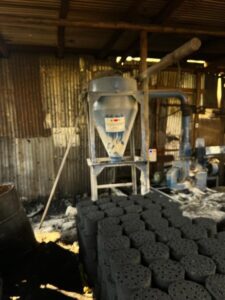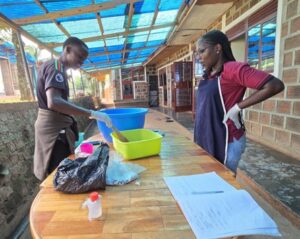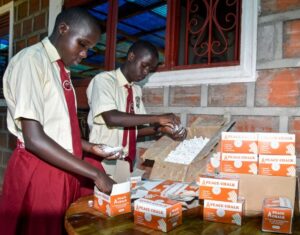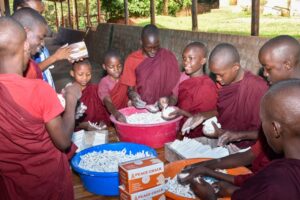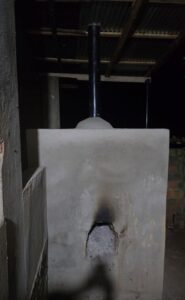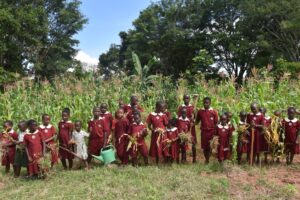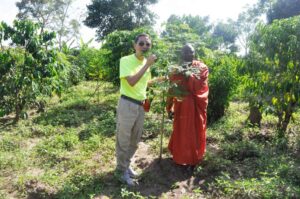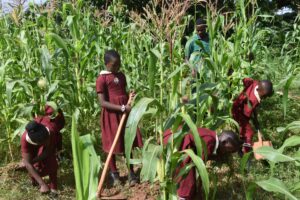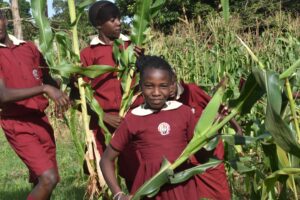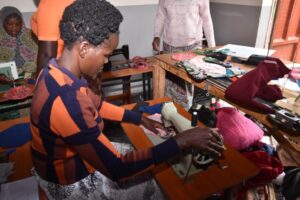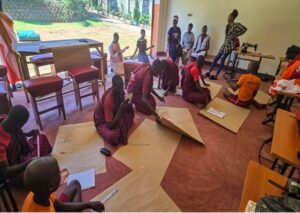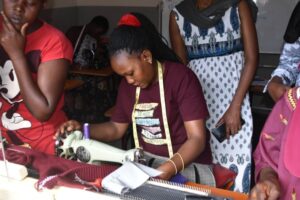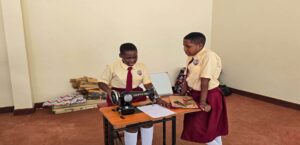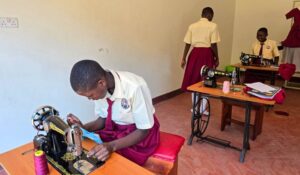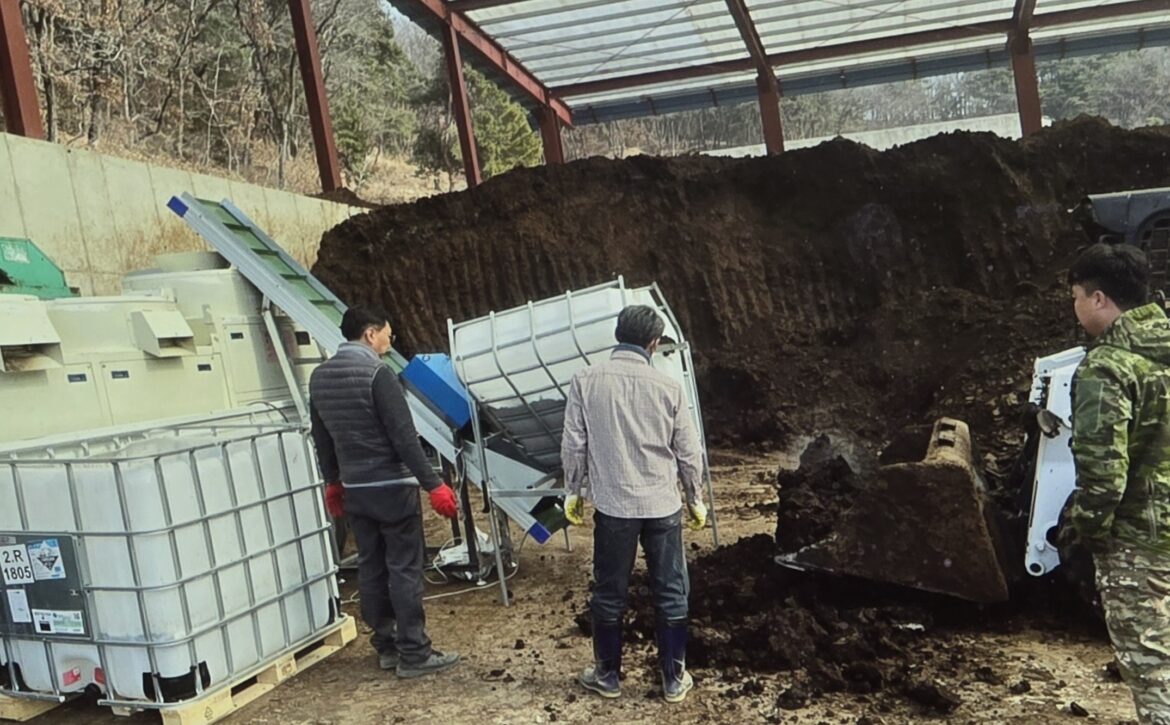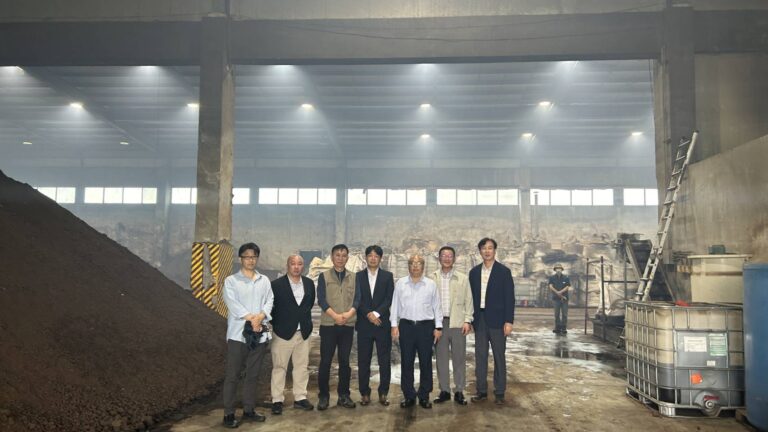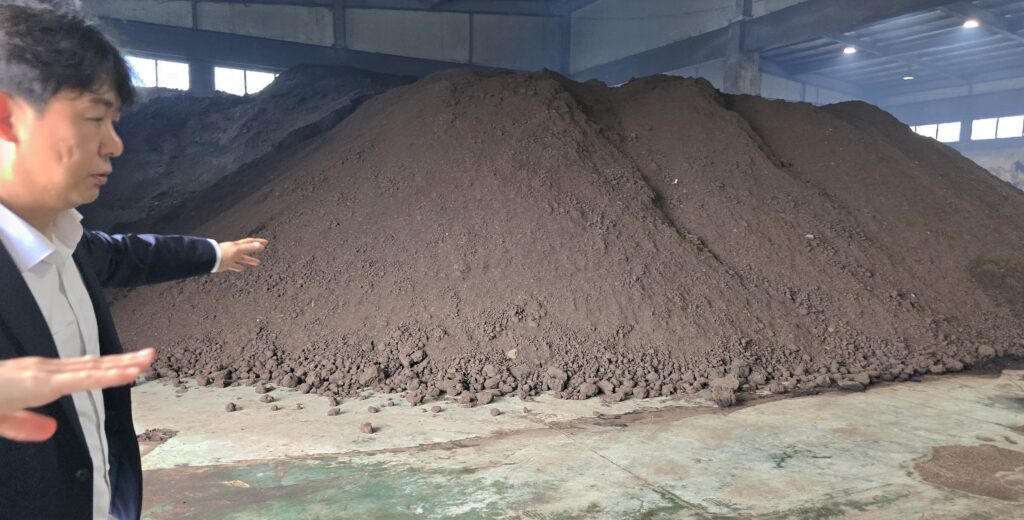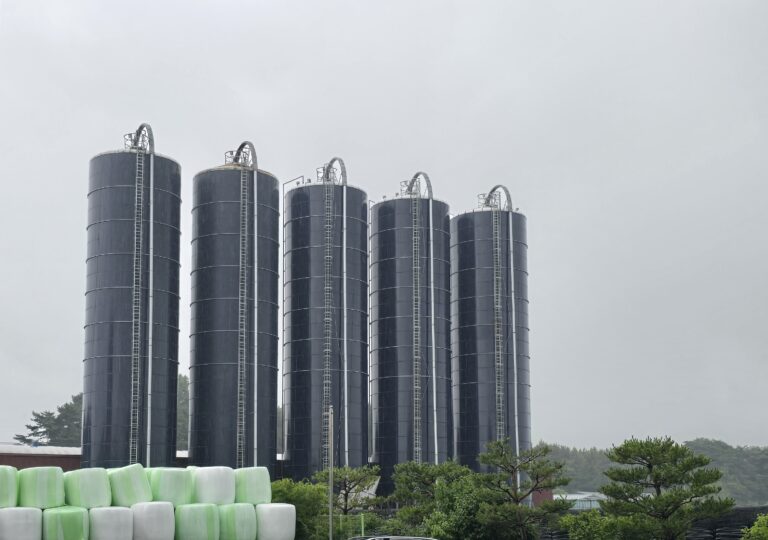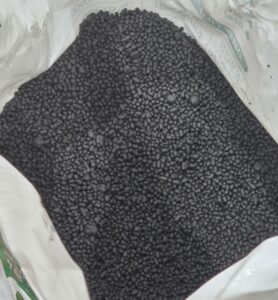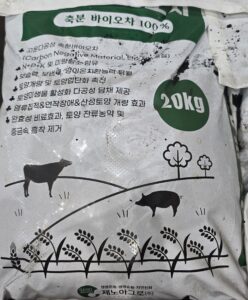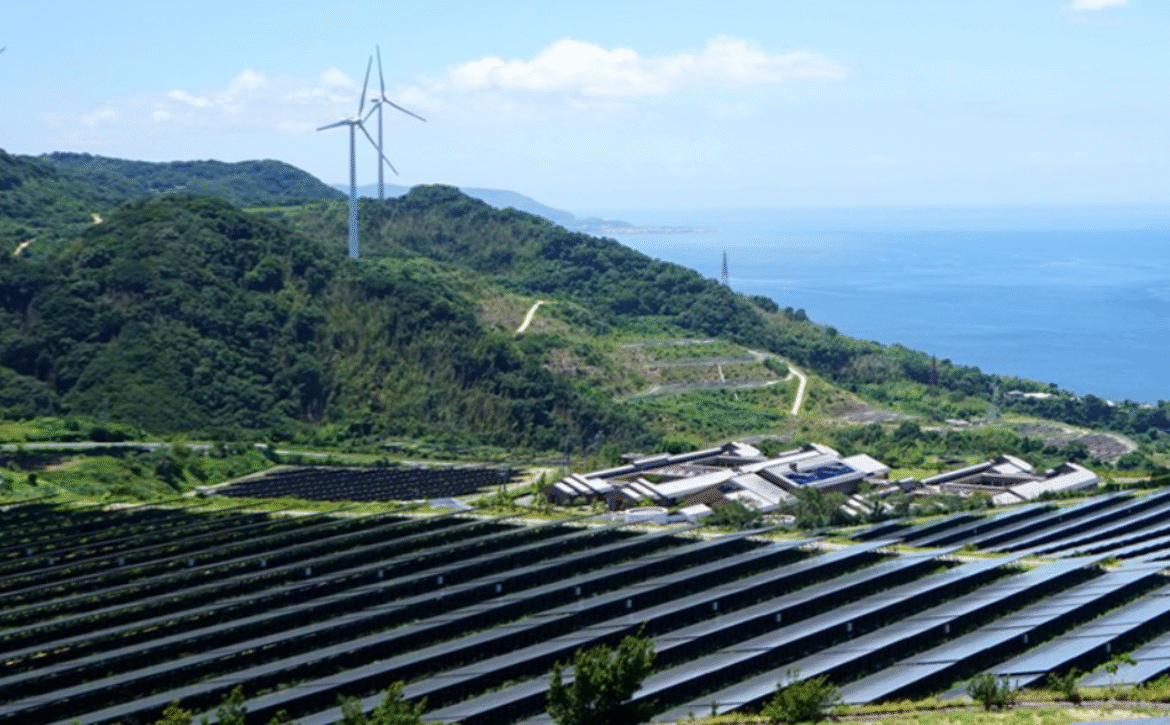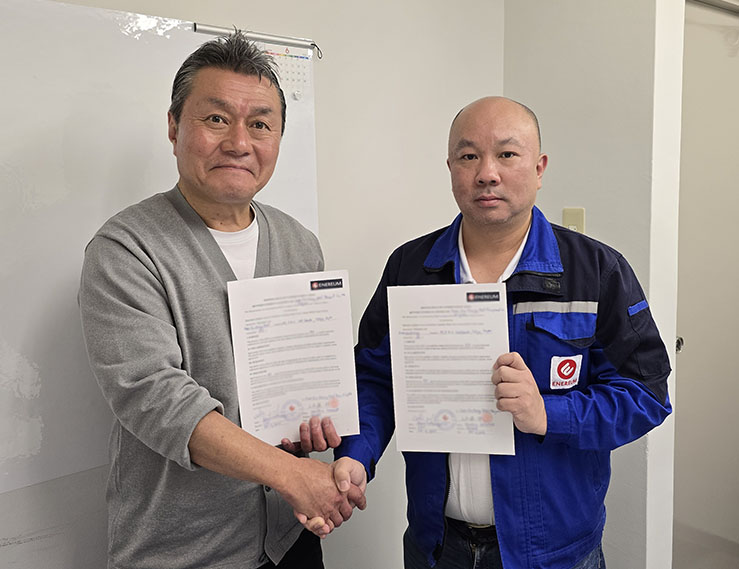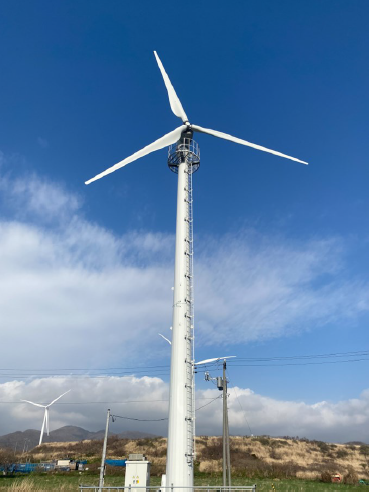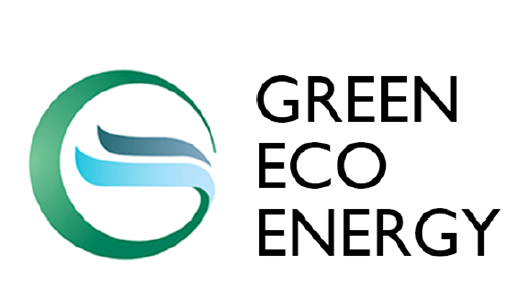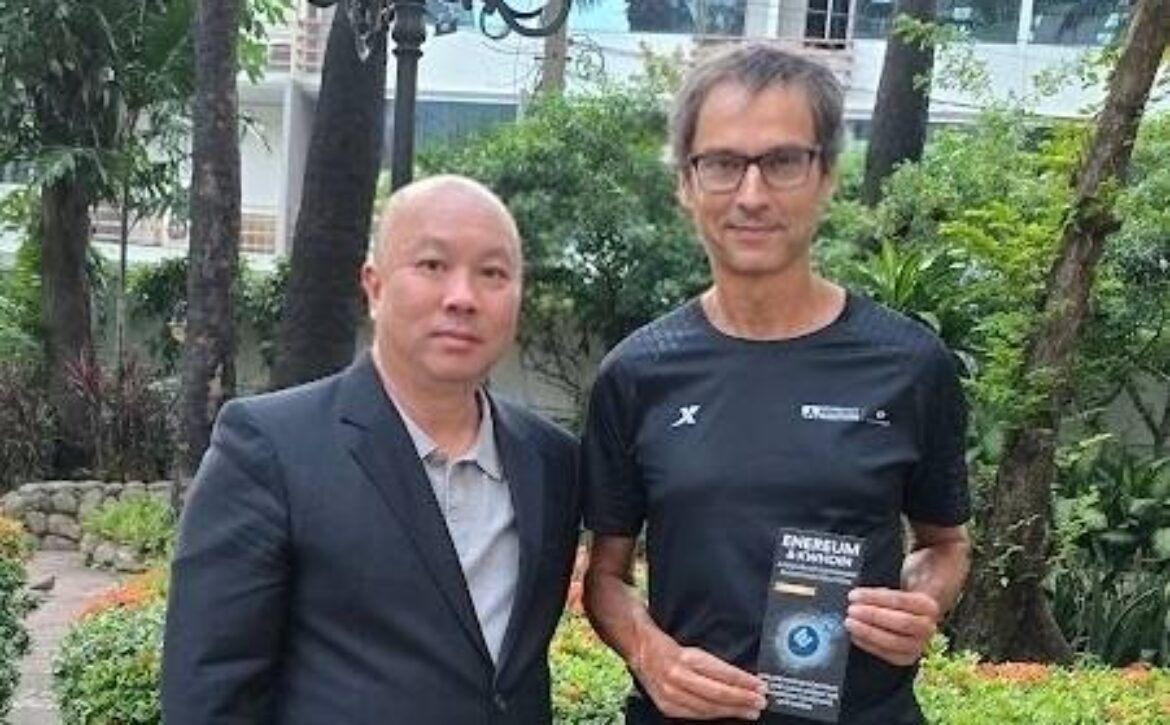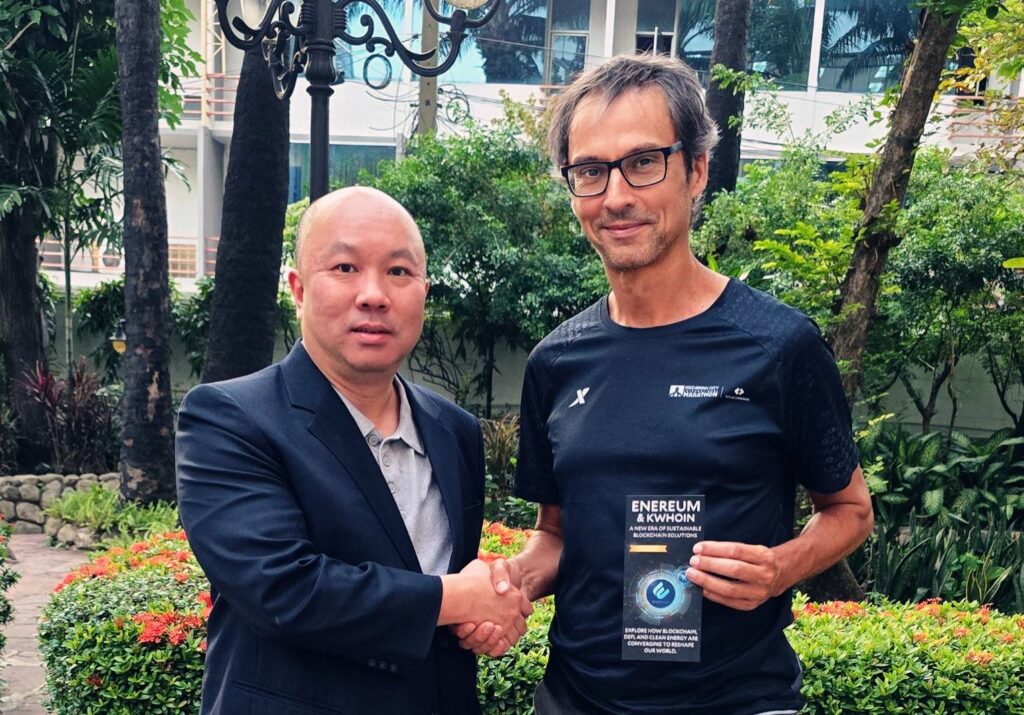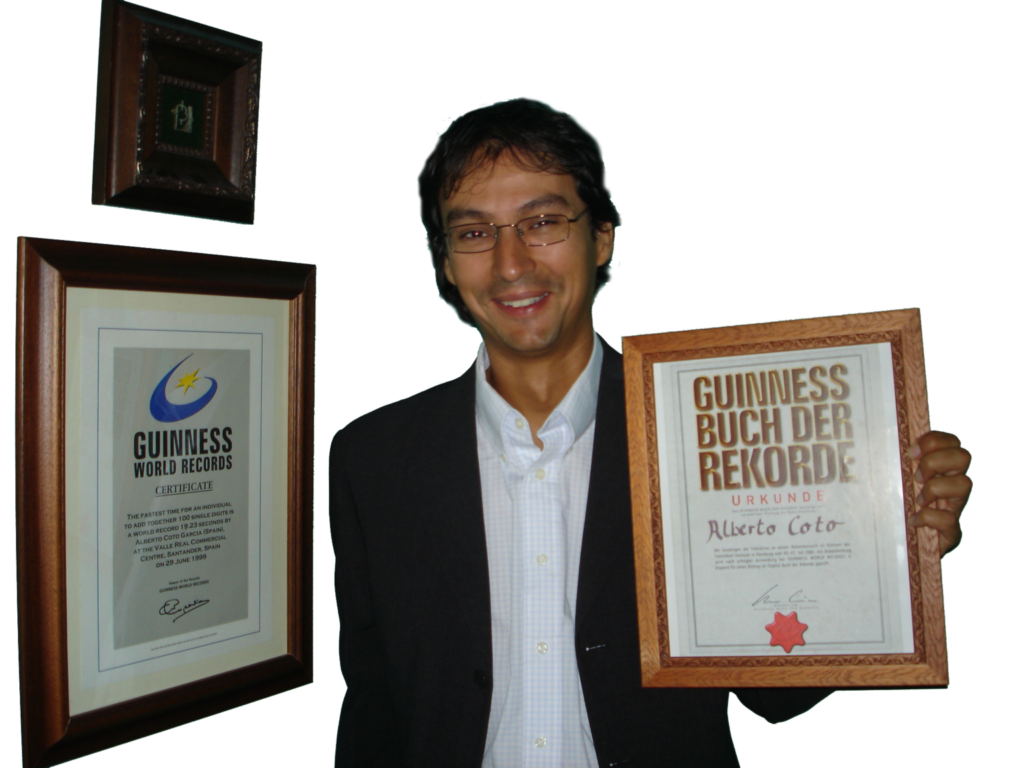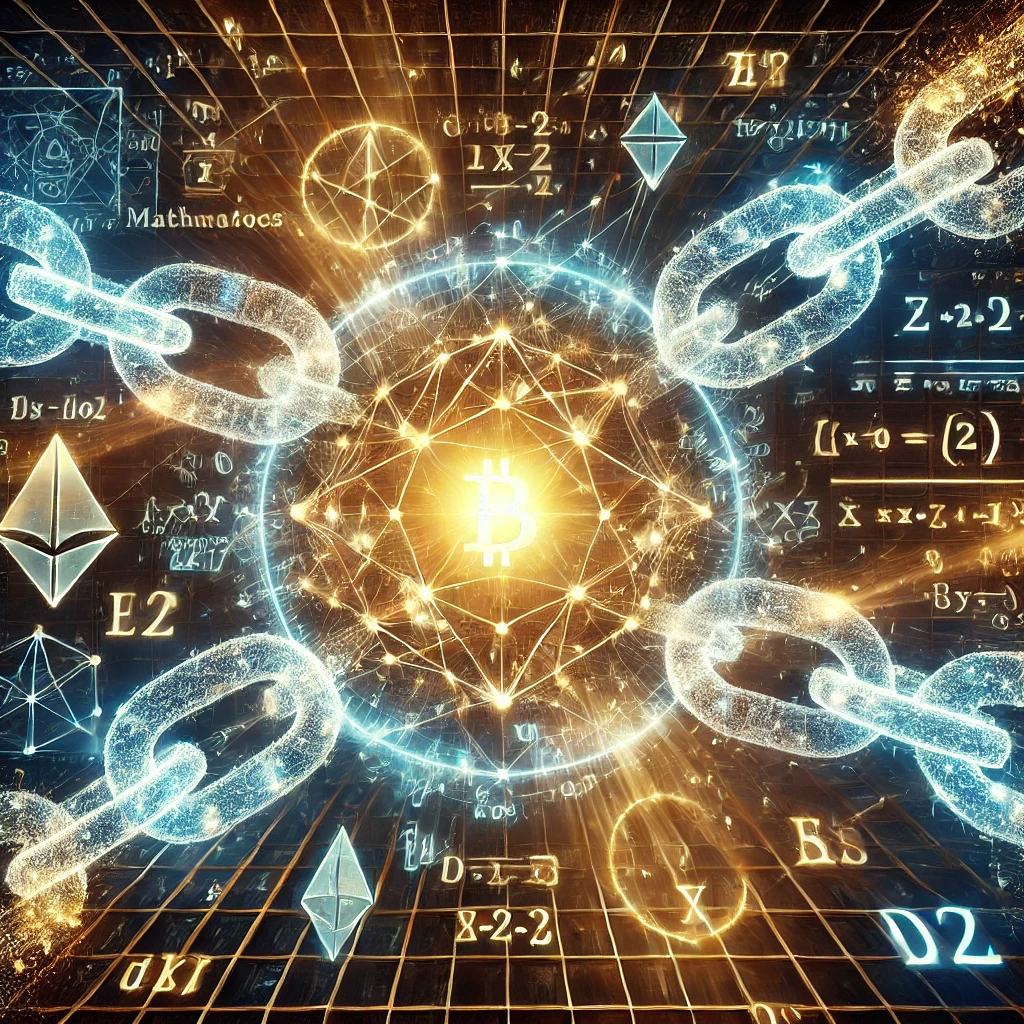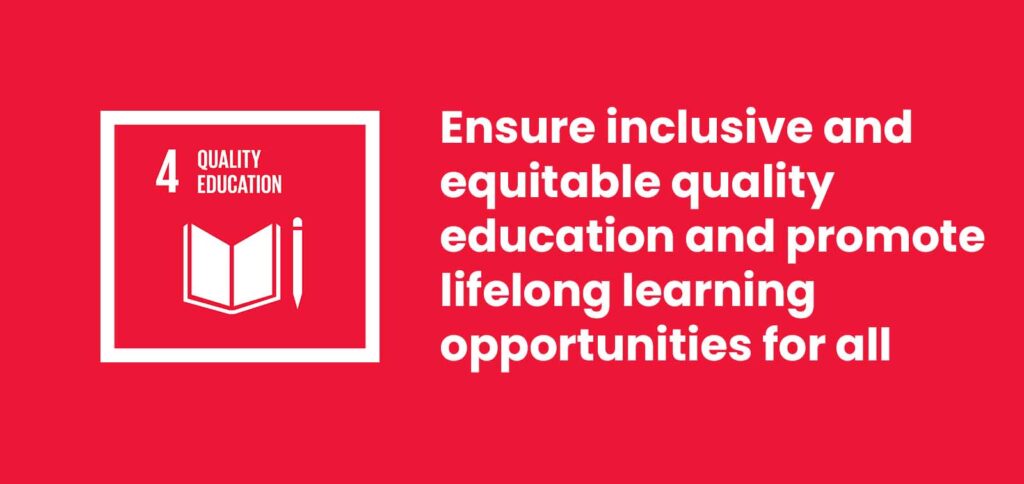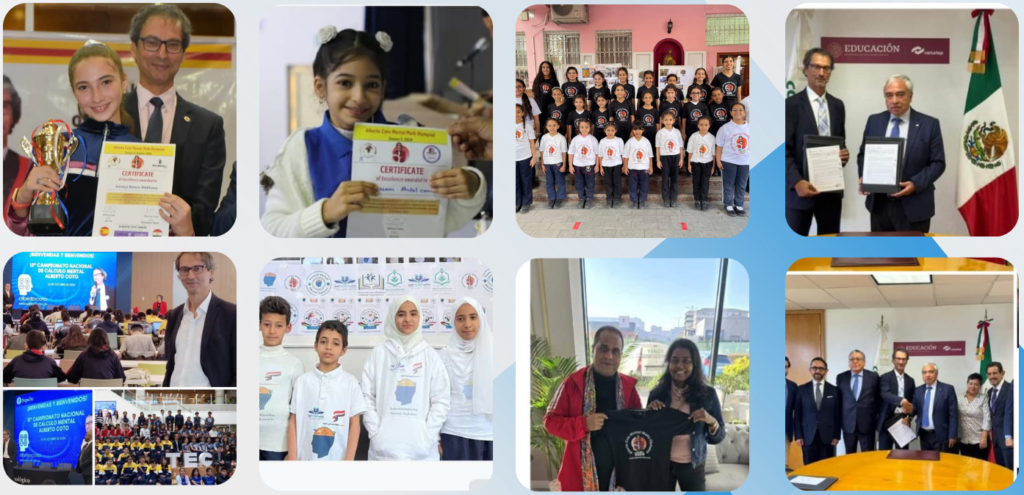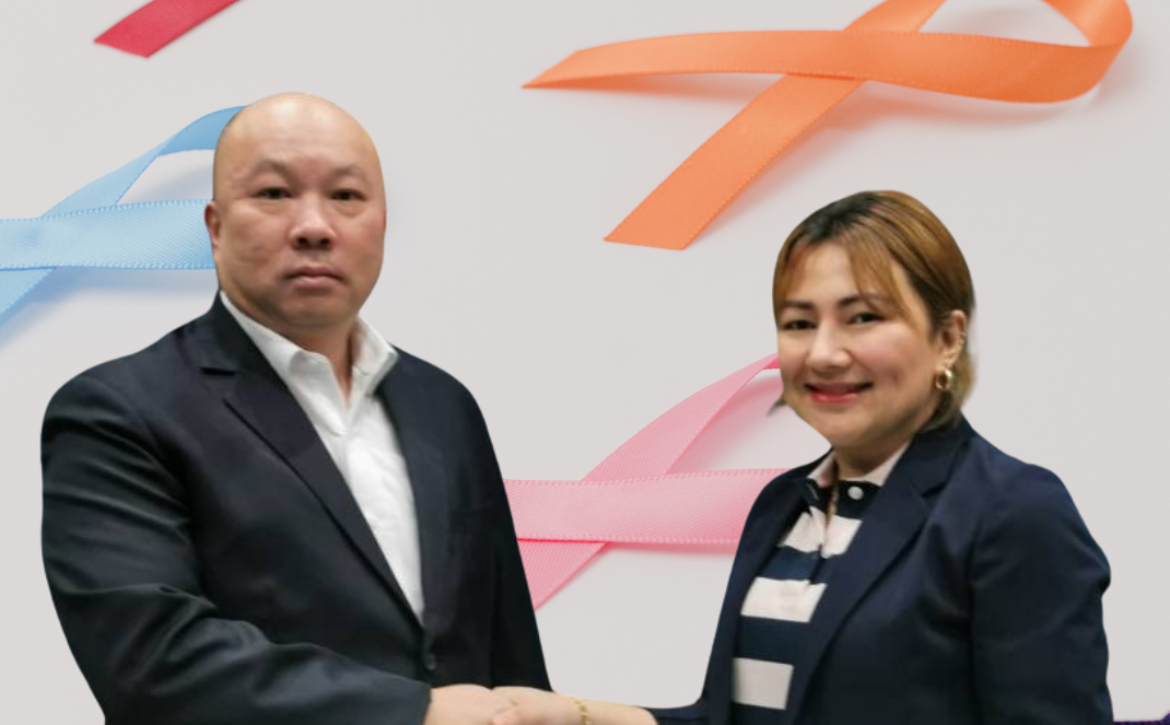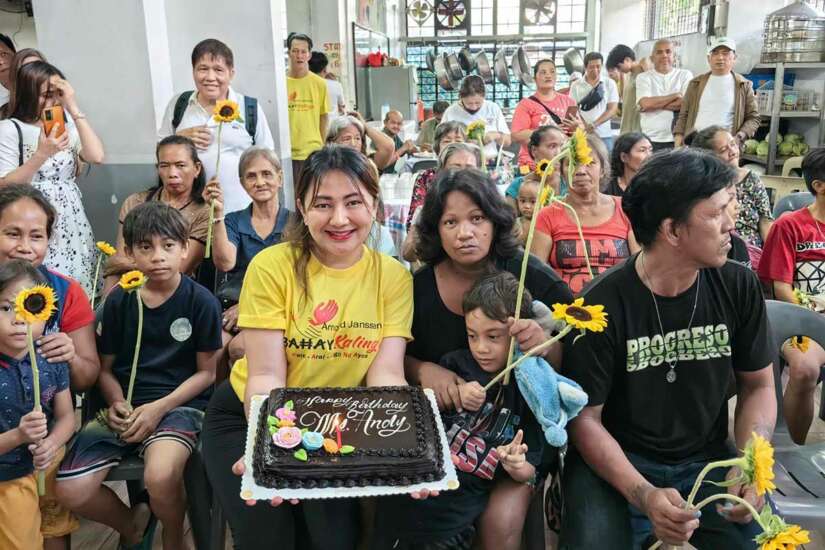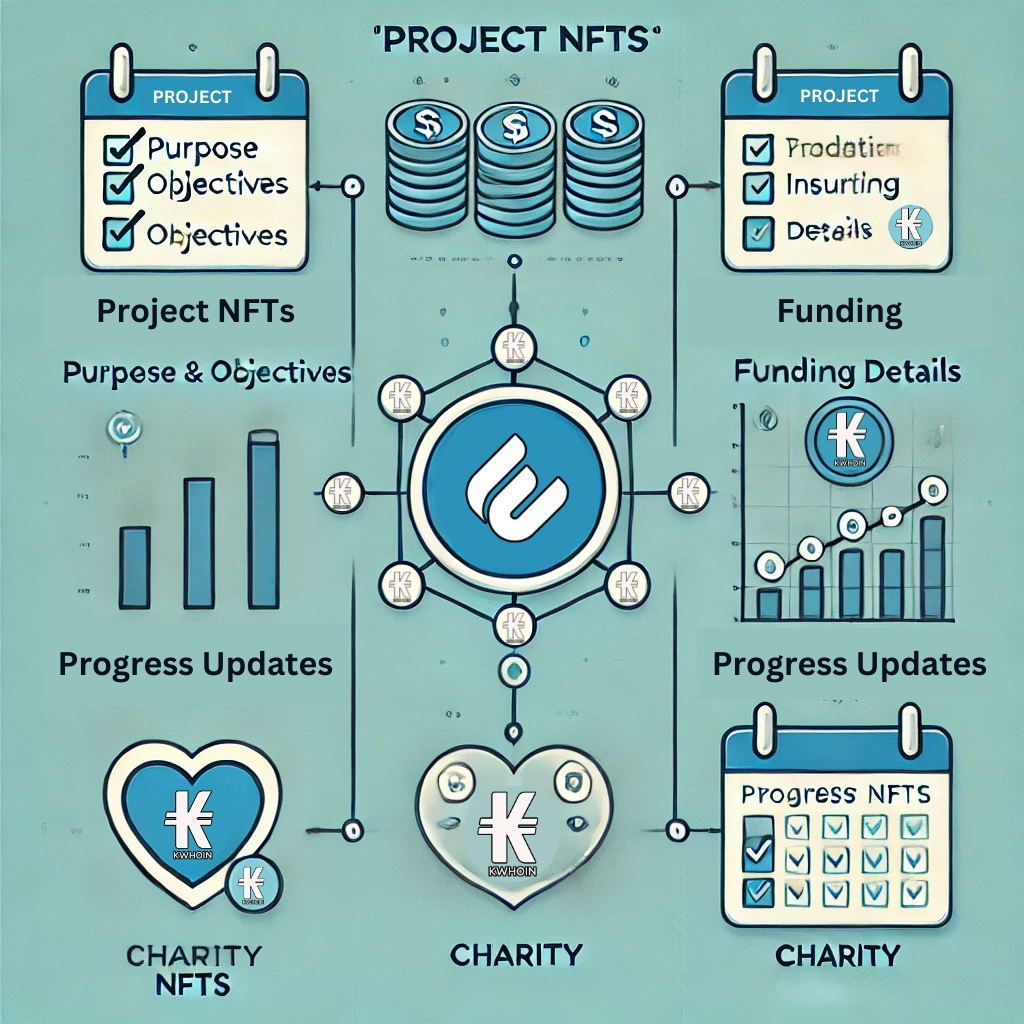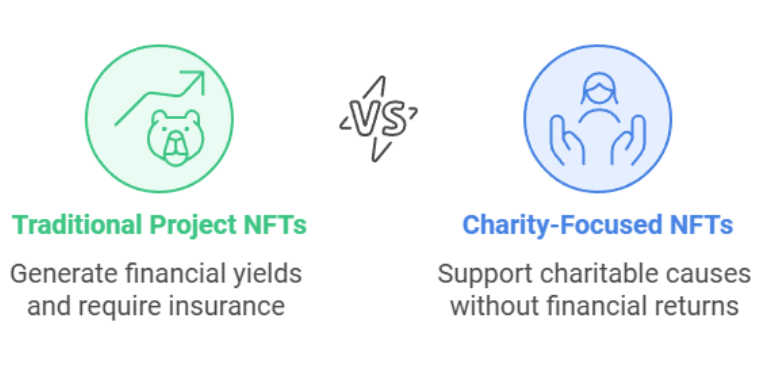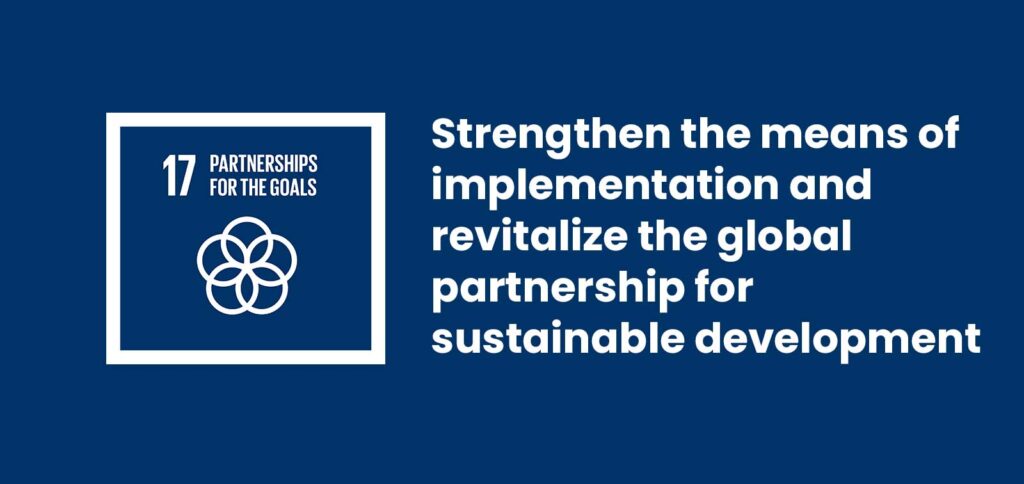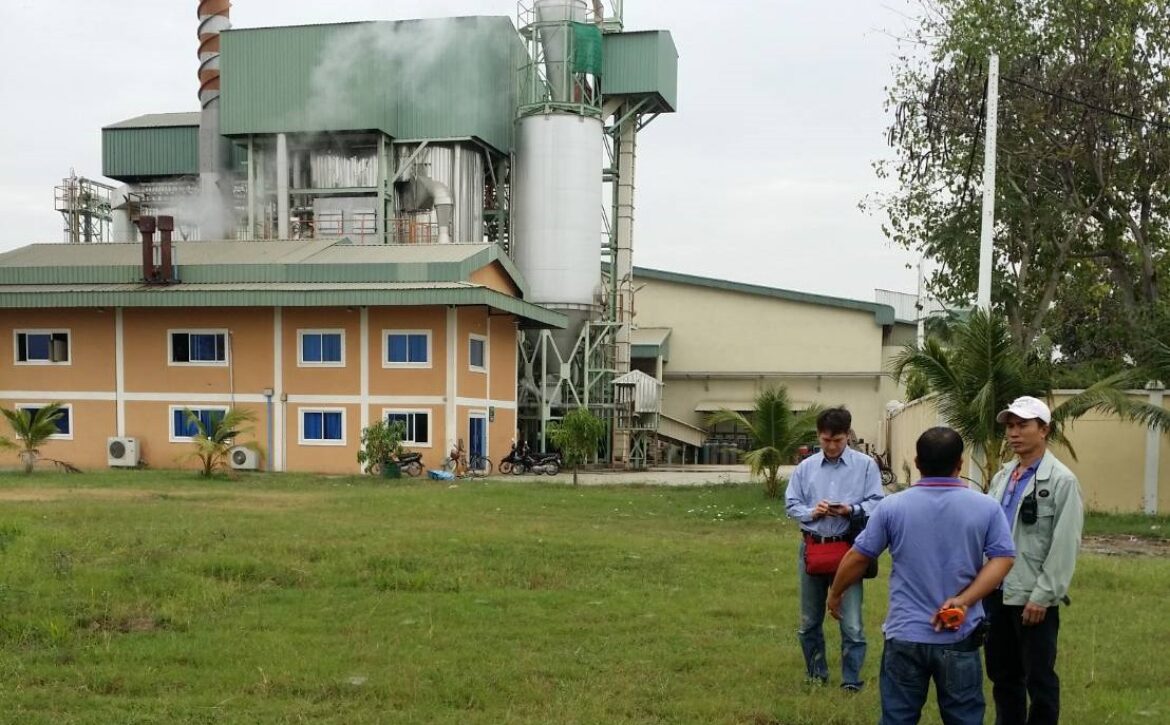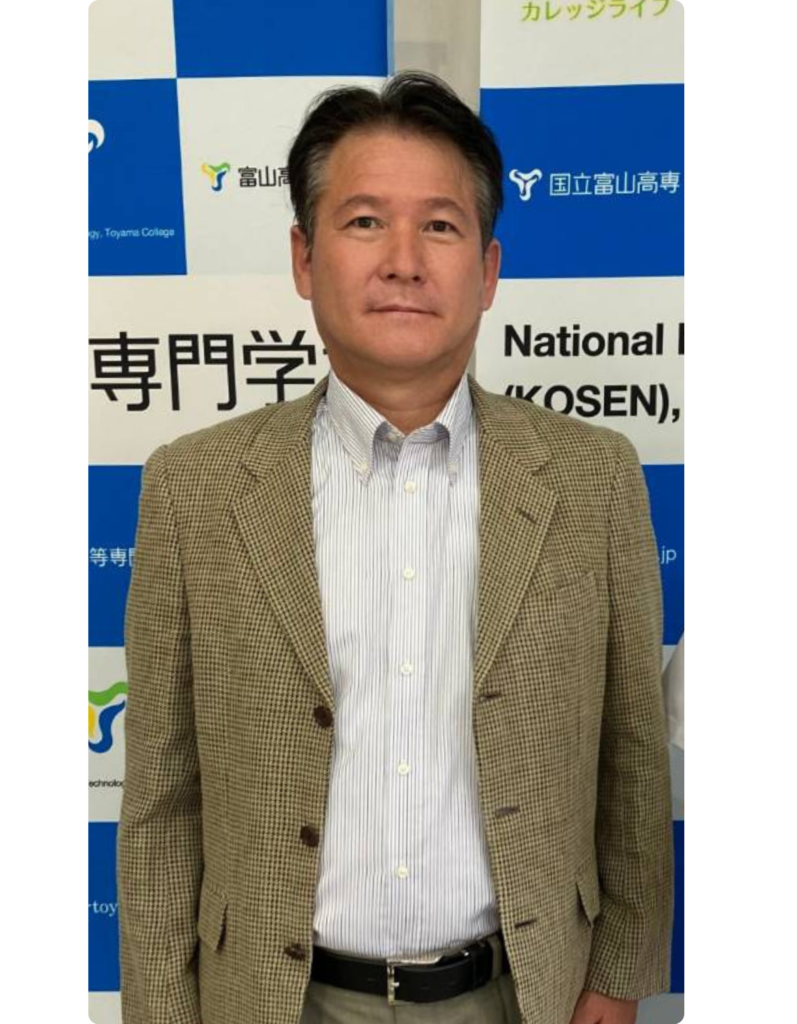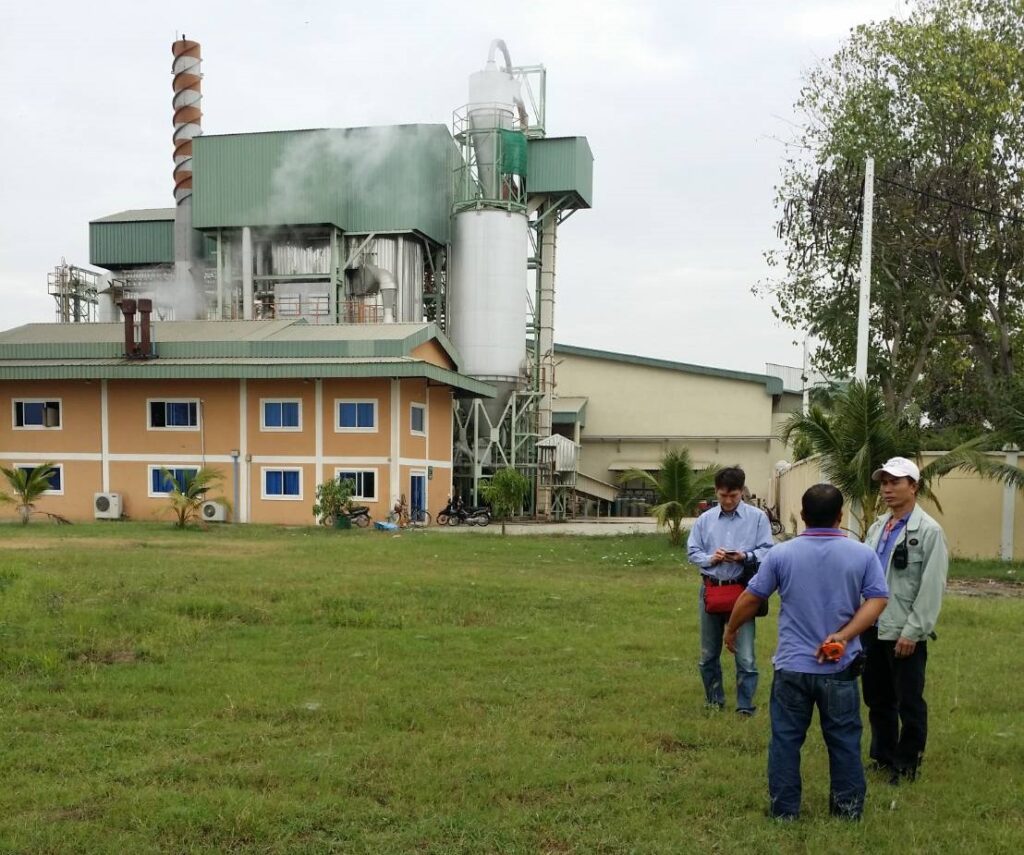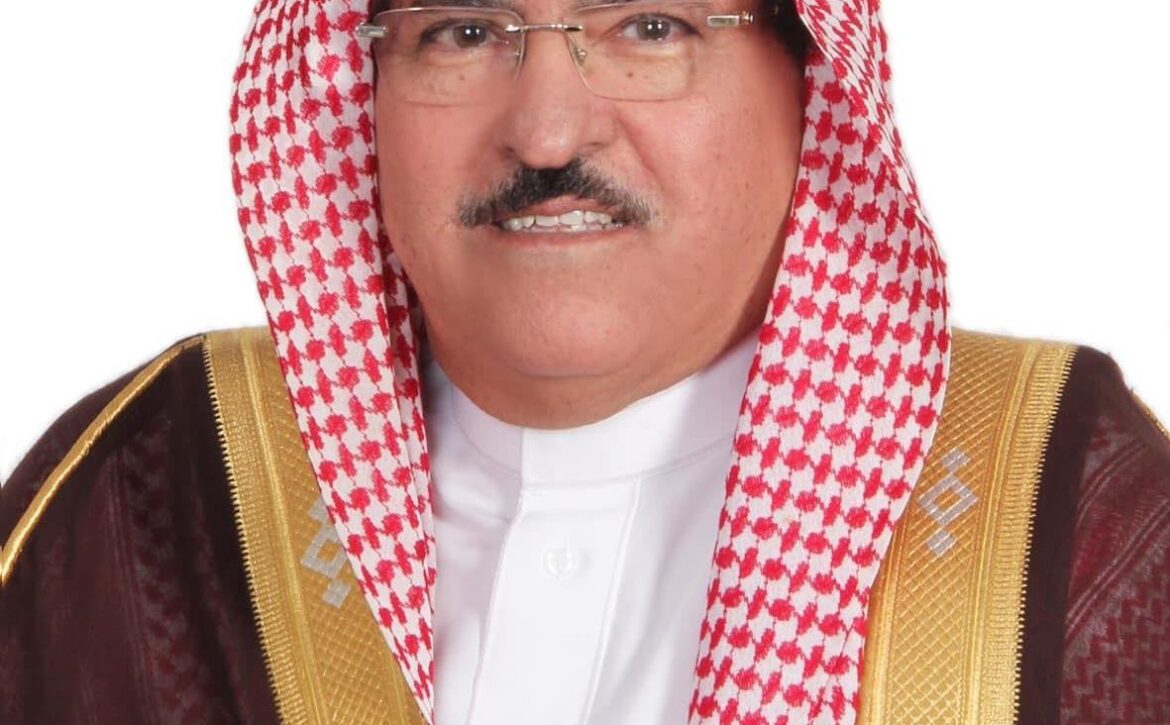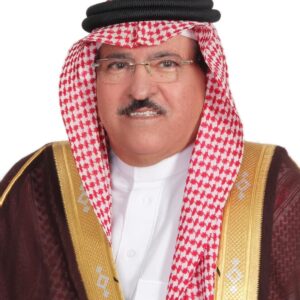Enereum Welcomes Dr. Mari Yoshitaka as Honorary Strategic Advisor on Sustainability & Environmental Governance
Tokyo / Bangkok – September 2025
Enereum proudly announces the appointment of Dr. Mari Yoshitaka, one of Japan’s most influential leaders in sustainable finance and environmental governance, as Honorary Strategic Advisor – Sustainability & Environmental Governance.
This honorary role is non-executive in nature and reflects Dr. Yoshitaka’s alignment with Enereum’s mission to build a decentralized, climate-conscious, and peace-driven global platform. Her association strengthens Enereum’s credibility as a blockchain-powered ecosystem committed to real-world sustainability and the United Nations Sustainable Development Goals (SDGs).
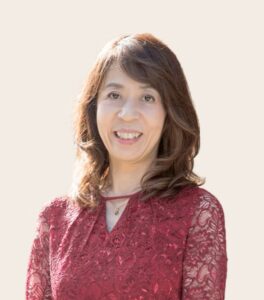
About Dr. Mari Yoshitaka
Dr. Mari Yoshitaka is recognized as a leading architect of Japan’s Green Transformation — the nationwide effort to embed climate responsibility into economic, financial, and industrial systems. For over two decades, she has been at the forefront of sustainable finance and climate policy, pioneering the creation of Japan’s clean energy finance architecture, advancing ESG principles in national strategy, and designing frameworks that now serve as international models.
Her leadership spans across key institutions:
- Counselor to the Tokyo Metropolitan Governor on Sustainable Finance
- Outside Director of Tokyo Gas
- Operating Committee Member, GX (Green Transformation) Acceleration Agency
- Visiting Professor, University of Tokyo / Special Guest Professor, Keio University
- Representative Director of Virtue Design
She also advises Japan’s most important ministries and agencies, including the Ministry of the Environment (MOEJ), Financial Services Agency (FSA), Cabinet Secretariat, Ministry of Economy, Trade and Industry (METI), and Ministry of Agriculture, Forestry and Fisheries (MAFF).
Internationally, Dr. Yoshitaka has represented Japan at more than 15 United Nations Climate Change Conferences (COPs), ensuring that financial institutions and policymakers work hand-in-hand to meet global climate goals. Her contributions have helped position Japan as a reference point in Asia for sustainable economic transformation.
Her published work, including the 2023 book 「サステナブル金融が動く」 (Sustainable Finance in Motion), is considered a definitive text on how finance can accelerate the transition to a carbon-neutral future. Her achievements have also been recognized with major honors, including Nikkei Woman’s “Woman of the Year” (2008) and the HAPPY WOMAN AWARD 2021 for SDGs.
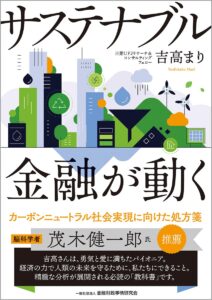
Shared Mission with Enereum
Enereum’s mission is to align blockchain technology with global sustainability goals, ensuring that decentralized innovation contributes directly to solving the world’s greatest challenges: climate resilience, health, education, and peace.
Dr. Yoshitaka’s career proves that sustainability can transform entire economies, not just policies. Her decision to join Enereum as Honorary Advisor is a testament to the platform’s commitment to ethical innovation and long-term impact.
Her presence signals to investors, partners, and stakeholders that Enereum is building not just another blockchain project, but a system anchored in integrity, vision, and global responsibility.
Looking Ahead
Enereum is deeply honored by Dr. Yoshitaka’s support. Her leadership and insight reinforce our belief that the future of blockchain must be built together with sustainability and peace. With her guidance, Enereum will continue to push the boundaries of decentralized technology while remaining anchored to the ethical and environmental values that ensure lasting prosperity for all.
Welcome, Dr. Mari Yoshitaka — a champion for sustainability and a global leader whose vision will help guide Enereum into the future.


